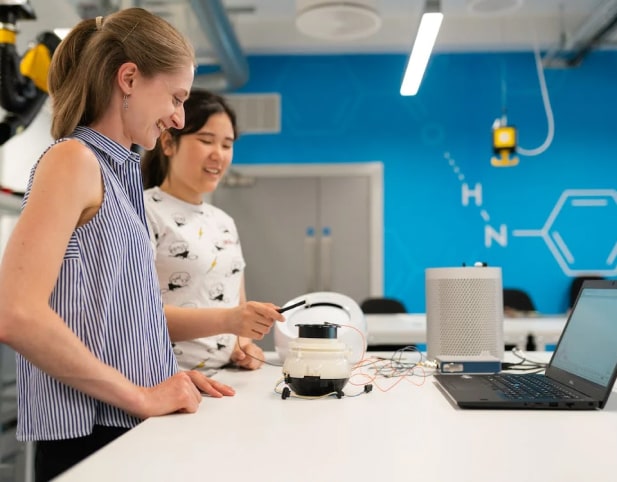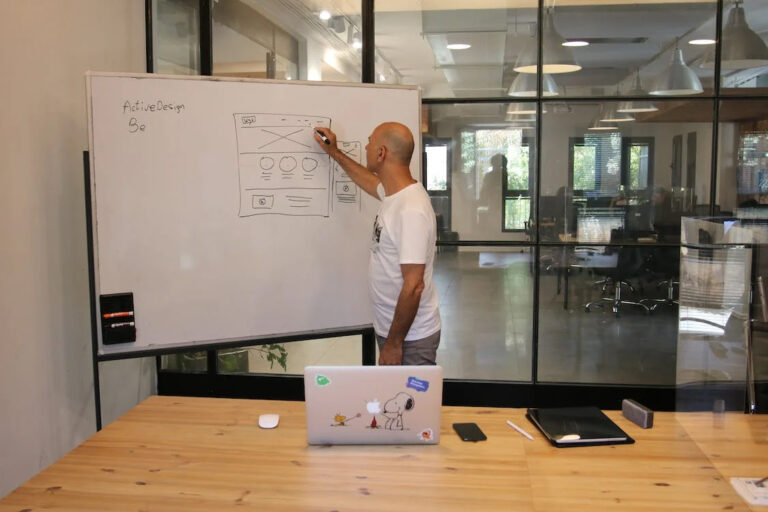
The Expansion of Artificial Intelligence Pioneering a New Era of Innovation
In the ever-evolving landscape of technology, few advancements have captured the imagination and potential for transformative change quite like artificial intelligence (AI). From its humble beginnings as a concept in science fiction to its current status as a driving force behind innovation, the expansion of AI is reshaping industries, revolutionizing processes, and pioneering a new era of innovation.
A Brief History of AI
The journey of AI dates back to the mid-20th century when pioneers such as Alan Turing and John McCarthy laid the groundwork for the field. Over the decades, advancements in computing power, algorithms, and data availability propelled AI from theoretical concepts to practical applications. Today, AI encompasses a broad range of technologies, including machine learning, natural language processing, computer vision, and robotics, each contributing to its expansion and evolution. The Expansion of Artificial Intelligence Pioneering a New Era of Innovation
Transforming Industries
One of the most significant impacts of AI is its ability to transform industries across the board. From healthcare and finance to manufacturing and retail, AI-driven solutions are revolutionizing processes, driving efficiency, and unlocking new opportunities for growth. In healthcare, AI is being used to diagnose diseases, personalize treatment plans, and improve patient outcomes. In finance, AI-powered algorithms are driving investment strategies, detecting fraud, and optimizing risk management. In manufacturing, AI-driven automation is enhancing productivity, reducing downtime, and enabling predictive maintenance. The list goes on, demonstrating the wide-reaching implications of AI across diverse sectors. The Expansion of Artificial Intelligence Pioneering a New Era of Innovation
Driving Innovation and Creativity
AI is not just a tool for automation; it is also a catalyst for innovation and creativity. By leveraging AI-driven technologies, businesses can gain deeper insights, uncover patterns, and make data-driven decisions that drive innovation and competitive advantage. Whether it’s developing personalized recommendations, predicting customer behavior, or creating immersive experiences, AI empowers organizations to push the boundaries of what’s possible and pioneer new solutions to complex challenges.
Empowering Human Potential
Contrary to popular belief, AI is not here to replace humans; it’s here to augment and empower human potential. By automating repetitive tasks and handling routine processes, AI frees up human talent to focus on higher-value activities that require creativity, critical thinking, and emotional intelligence. This symbiotic relationship between humans and machines holds the key to unlocking new levels of productivity, innovation, and growth in the digital age.
Ethical Considerations and Challenges
As AI continues to expand its reach, it also brings forth ethical considerations and challenges that must be addressed. From biases in algorithms to concerns about privacy and security, there are important questions to be addressed regarding the responsible use of AI. As stewards of this technology, it is essential for businesses and policymakers to establish clear guidelines, standards, and frameworks to ensure that AI is developed and deployed in a manner that is ethical, transparent, and beneficial to society as a whole.
Conclusion
The expansion of artificial intelligence represents a watershed moment in human history, ushering in a new era of innovation, productivity, and opportunity. As AI continues to evolve and mature, its impact will only grow more profound, reshaping industries, empowering human potential, and paving the way for a future that is more intelligent, connected, and inclusive. By embracing the potential of AI and navigating its challenges with foresight and responsibility, we can unlock its full potential to create a better world for generations to come.
Related Blog: Why Your Business Should Embrace Chatbots Exploring the Advantages of Automated Customer Service















